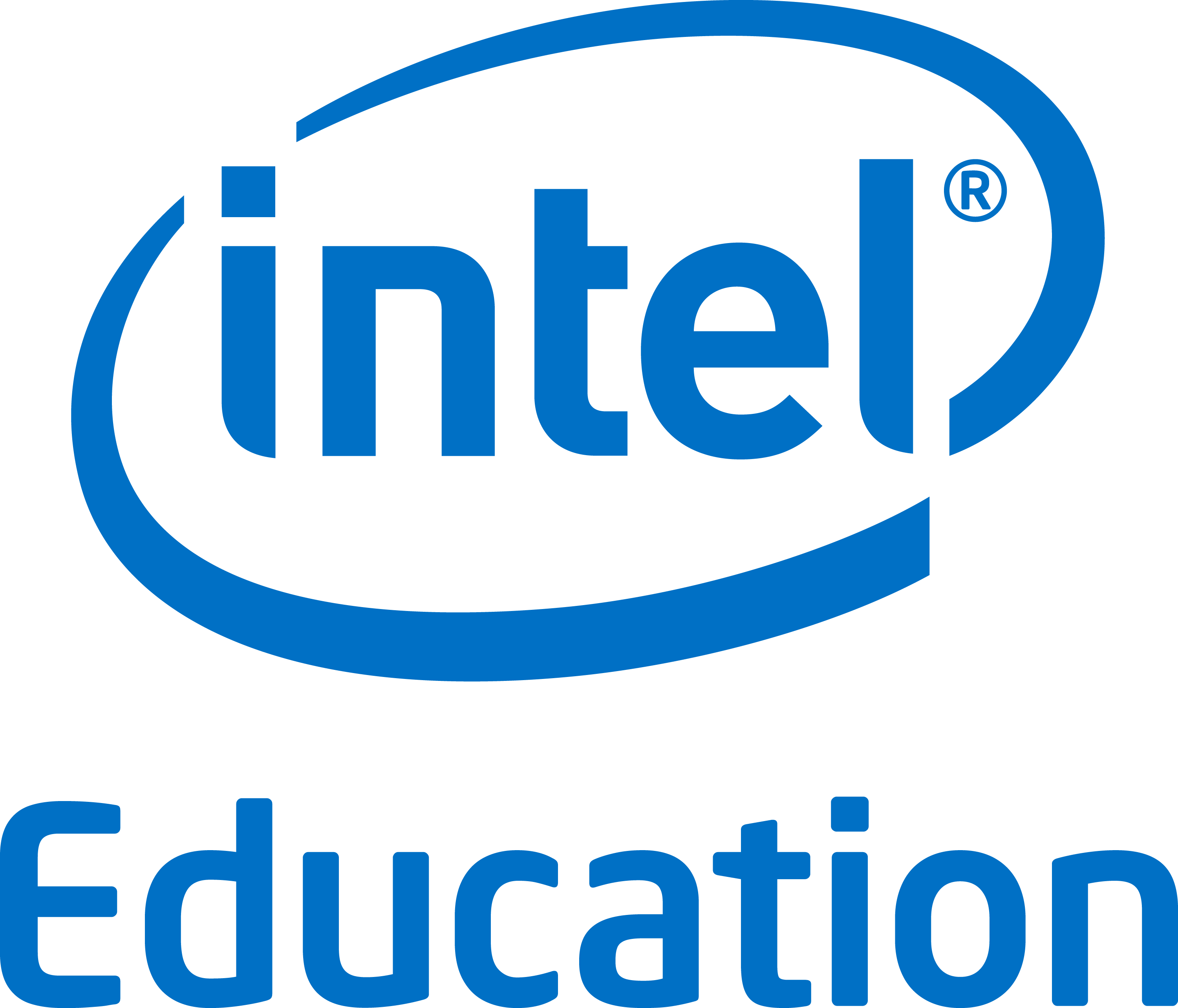Lectures: TR 9:35-10:55 am
Location: Bunger-Henry 380
Instructor: Edmond Chow
E-mail:
Office Hours: Wednesdays 2-3 pm in KACB 1312
TA: Stephen Yurkevitch
TA E-mail: urbnwanderr@gmail.com
TA Office Hours: Tuesdays and Thursdays after class, or by appointment
in KACB 1343
Course Description
This is a practical, hands-on course on parallel programming. We will develop our skills using real scientific applications.
Prerequisites
Expertise in C and/or C++ programming and in using Linux systems. Familiarity with Matlab, which will be used to specify some of the algorithms.
Topics
- Processor architectures and trends
- Review of POSIX threads and C++11 threads
- Advanced OpenMP
- Advanced MPI, including nonblocking collectives, one-sided/RMA and MPI shared memory
- Global Arrays, PGAS languages
- Task-based runtime systems
- Hybrid programming (MPI+OpenMP, MPI+MPI)
- SIMD programming with intrinsics
- Intel Xeon Phi (KNC) offloading
- Intel tools and libraries: VTune, MKL, compiler vectorization reports, etc.
- Other programming models, parallel languages, and tools
- Applications in PDE simulations
- Applications in dynamic particle simulations
- Applications in quantum chemistry
Grading
- 20% Lab exercises (about 10 during the semester). You must be able to bring a laptop to class for the labs. Each lab exercise will be assigned during a lecture and will be due approximately 36 hours later. You can miss two lab exercises without any penalty.
- 30% Mini-projects (about 3 during the semester).
- 50% Project (with presentation and report). Project topics will be given in class.
Computer Resources
Students in this course will use Intel Xeon Phi hardware, which is specifically designed for high performance computing.
Recommended Textbooks
- Introduction to High Performance Computing for Computational Scientists and Engineers, Georg Hager and Gerhard Wellein, CRC Press, 2010.
- Parallel Programming and Optimization with Intel Xeon Phi Coprocessors, Colfax International, 2014.
Acknowledgment
We thank the Intel University Program Office for a grant providing hardware used in this course.
